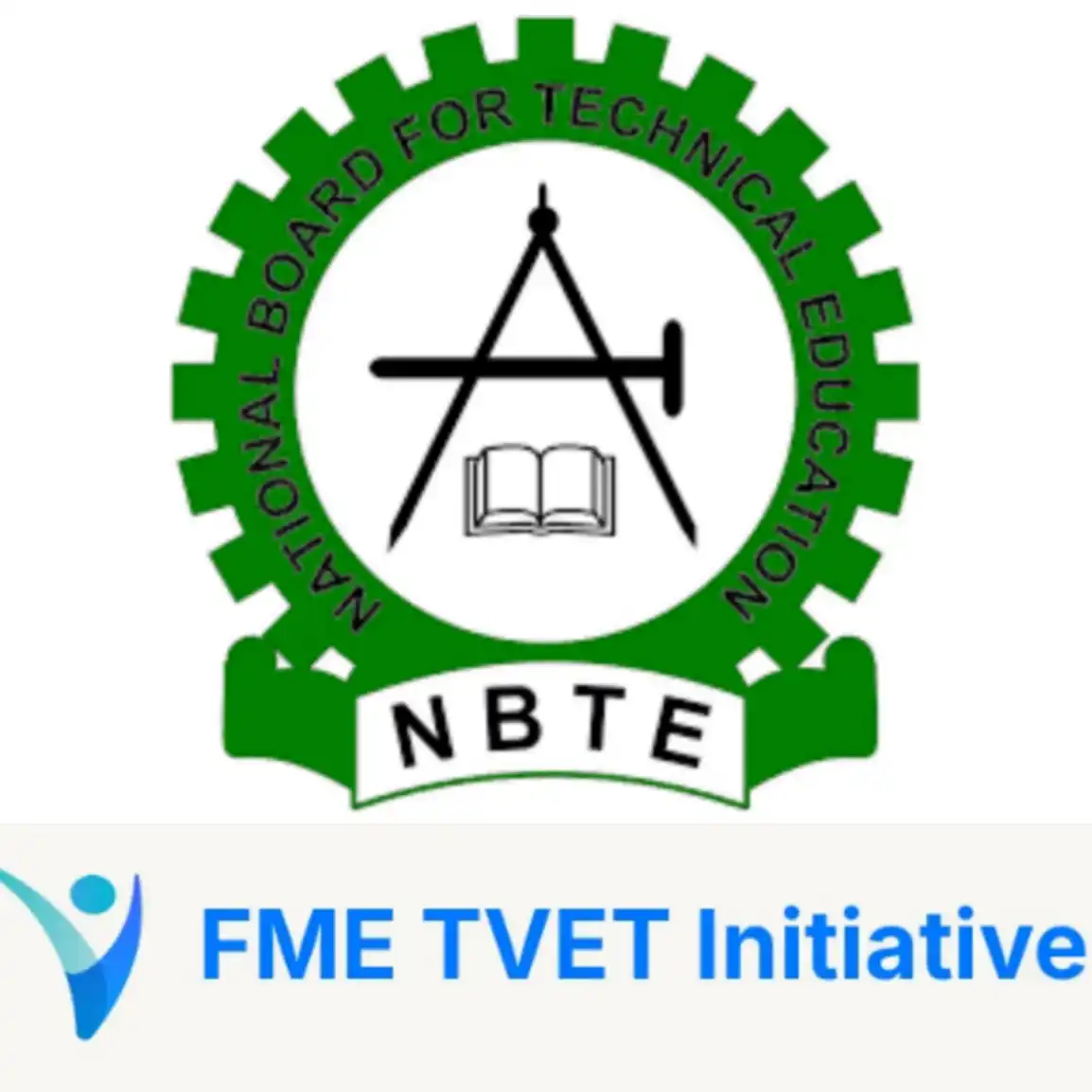Technical and Vocational Education and Training (TVET) has been described as a major catalyst for equipping young people with the right skills, creating sustainable pathways for self-employment, and driving socio-economic development. The United Nations Educational, Scientific and Cultural Organization (UNESCO) continues to support programmes that ensure equal access for girls, boys, women, and men to affordable and quality technical, vocational, and tertiary education, including university learning.
Speaking during a Capacity-Building Workshop for TVET stakeholders held in Kano, the Regional Coordinator of the Better Education for Africa’s Rise (BEAR) III Programme, Mr Manish Josh, said the initiative is focused on strengthening TVET in sub-Saharan African countries. According to him, the goal is to improve youth employment opportunities and enhance national economies.
Mr Josh explained that the objectives of the capacity-building workshop include strengthening the strategic planning capacities of TVET managers, leaders, and decision-makers. He added that the programme also seeks to provide the tools needed to align TVET programmes with labour market needs. “The programme is designed to support TVET centres in developing and refining institutional strategic plans that promote both quality and relevance in education and training,” he said.
Director of Technology and Science Education, Dr Olodo, represented by Deputy Director Dr Stella Uhuegbu, described the workshop as a strategic intervention to empower key stakeholders. She said, “This initiative equips TVET stakeholders with the skills required to effectively implement the BEAR III project and advance the broader national TVET reform agenda.”
She further noted that the ongoing TVET reform is already making an impact, with over one million Nigerians enrolled for Masters 6 and 12 programmes. She explained that verification of learners is expected to be completed soon to allow the commencement of training. According to her, more than 15,000 students will also be resuming across Federal Technical Colleges.
Dr Uhuegbu added that the 10-week-long online training had expanded the knowledge and practical skills of participants, pointing out that the workshop would contribute to producing a workforce that is competent and globally competitive.
In his remarks, the Executive Secretary of the National Board for Technical Education (NBTE), Professor Idris Bugaje, represented by his Technical Adviser, Dr Babangida Baba, said that NBTE has been leading efforts to digitise the Nigerian Skills Qualification Framework and strengthen quality assurance across the country’s polytechnics. He revealed that more than 129 accredited TVET centres across the country have already been digitised to meet global standards.
The two-day workshop, organised in collaboration with UNESCO-UNEVOC, brought together participants from federal colleges of agriculture and other stakeholders in science and technology education.

